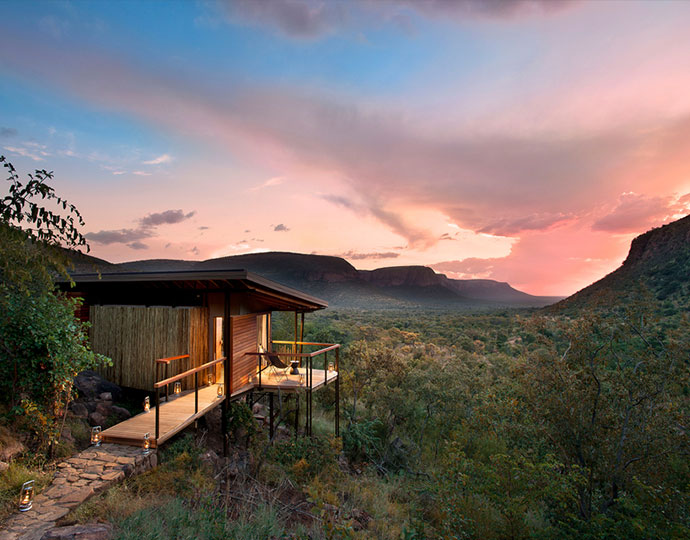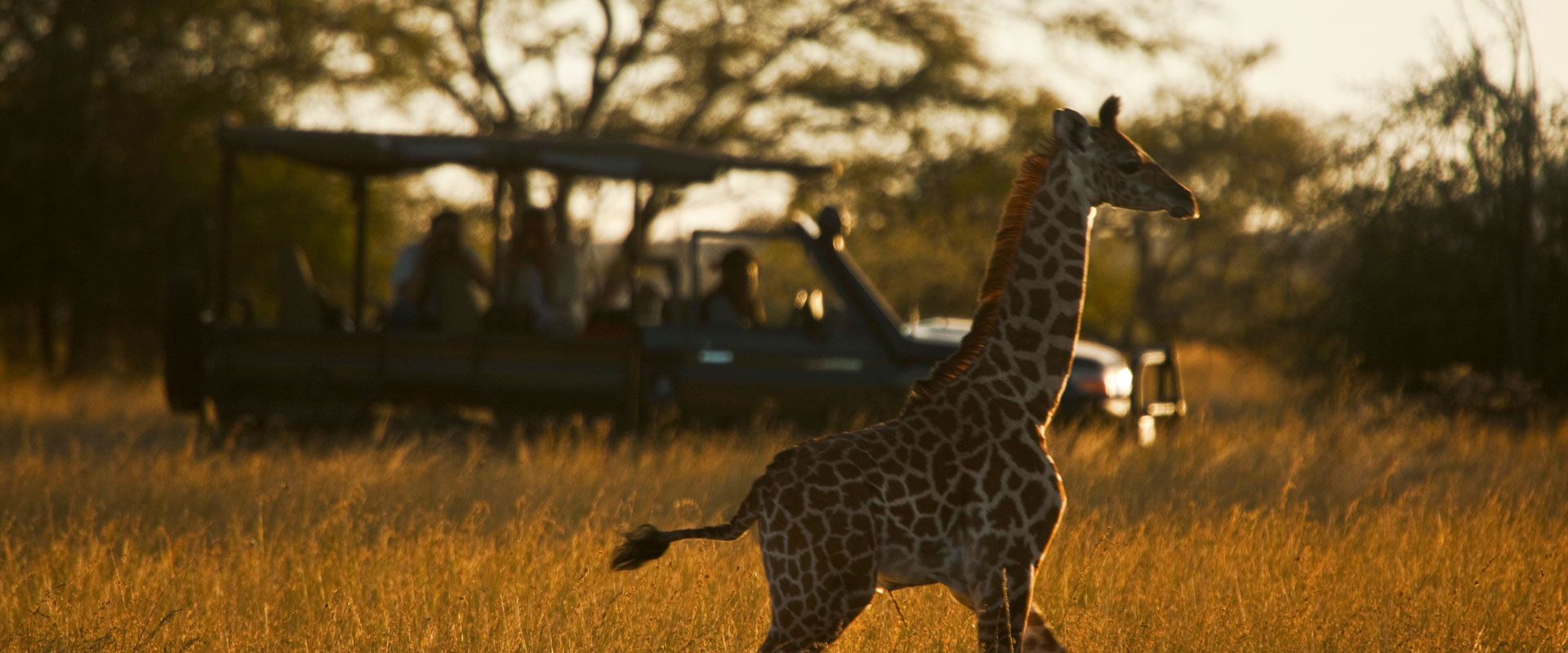This website uses cookies so that we can provide you with the best user experience possible. Cookie information is stored in your browser and performs functions such as recognising you when you return to our website and helping our team to understand which sections of the website you find most interesting and useful.
Marataba Conservation Camps. There has been a huge push with many of the lodges and camps we work with, with regards to conservation and letting all the wonderful people who visit the camps about what they get up to. Most recently we have been letting you know about the incredible efforts in the Lewa and Borana Conservancy where they have recorded a record number of young black and white rhinos being born. We have some more fabulous news to report from some of our other lodges and camps throughout Africa.

It is not just about going on a safari adventure, or even how we travel, but why we travel. It is not about travel opening our hearts and minds and making an impact on the world around us. People want their travels to benefit the environment and local communities as much as going on a great getaway benefits them. There has been the most incredible response to Marataba Conservation Camps since the launch of this exciting experience back in the troubling year of 2020. A core group of people understood this and have enabled this project to be a great success with great guest feedback. The way this project and safari experience works is that the Marataba Conservation Camp usually only takes 3 booking at a time, with each being allocated a private vehicle and guide together with an exclusive (Founders Camp) or semi-exclusive (Explorers Camp) camp. However, for one week of the year, like Lewa – Rhino Conservation Week – they open to individual booking and undertake numerous rhino immobilisations with an experienced conservation team. This special week take place between 8-14 August 2022 where you can arrive on either the 8th or the 11th for a 3 night stay where you can spend most of your time on safari totally immersed in rhino conservation.

Now for some more information on the Marataba conservation camp – it’s not just about getting involved and being hands-on. This is a destination that has a wider appeal and every guest staying here makes a difference just through paying the daily Community & Conservation Levy. Marataba is a Big 5 game area with both land and water-based safari experiences and a focus on doing good whilst at the same time having fun. If you have young members of the family who would love to become involved in a couple of days immersion into conservation in general, then the conservation led family experience is the thing you are looking for, with an introduction to walking wild, tracking and spoor lessons, telemetry monitoring and wildlife camera trap data collection. This is only available to children aged 8 years old and older and available all year round. The Active Rhino Conservation Safari is an active, participatory experience, including rhino immobilisation and collaring, and conservation experiences, available for children aged 8 years and above and available from the 1st ofFebruary until 31st October. The Ultimate Marataba Experience is an all-round Marataba experience including rhino immobilisation and two nights at the nature immersion, Star Camp – this is available for 16-year-olds and above and is for 4 nights from 1st May to the 31st of October. The Adventurer’s Safari, available all year round for 16-year-old and older is 3 nights focused on exploring. This 3-night adventure at Marataba combines game drives, big game walking, a dip into the conservation side of the Park – and time to relax! The Star Camp Safari is a 2-night safari for 16-year-olds and older, available from 1st May to 31st October and is a walking focused Marataba experience including staying at the seasonal Star Camp for 2 nights and exploring a remote region of the Park.

At Marataba Conservation Camps all the activities that guests are able to participate in are necessary conservation initiatives that are carried out in the course of the year. Rhinos require ankle collars (for tracking and security), and a DNA sample to be taken, as well as ear notching for identification purposed. This is an ongoing process that takes place throughout the year. Guests who stay and pay to be part of these immobilisations are making a valuable contribution towards safeguarding the species for generations to come. Rhino immobilisations take place throughout the year, but for pre-arranged conservation work, the team prefer to keep to the cooler and drier months between March and October.




